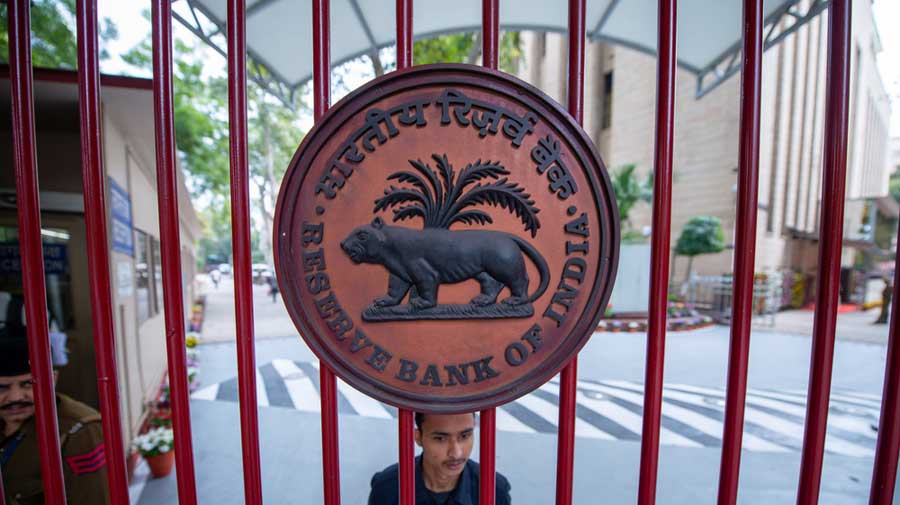The Reserve Bank of India (RBI) may have to review its move to resume normal liquidity operations or it may have to continue with the accommodative policy with the Union finance minister announcing higher-than-expected market borrowings for this financial year and the next.
In the budget speech, finance minister Nirmala Sitharaman said the government would be borrowing another Rs 80,000 crore in the last two months of this fiscal, which would bring the gross market borrowings to Rs 12.8 trillion. For the next year, the gross market borrowings have been set at Rs 12.05 trillion, which is higher than the Rs 11 trillion that the bond markets were expecting.
Her announcement sent bond yields rising (they are inversely related to prices) with yields on the benchmark 10-year-bond surpassing 6 per cent to close at 6.06 per cent — a rise of over 15 basis points.
However, the focus has now shifted to the RBI and whether it will announce any changes to its recent announcement of resuming normal liquidity operations. Last month, the central bank had said that it would restore normal liquidity management operations and towards this, it came up with a variable reverse repo auction that sucked Rs 2 lakh crore from the system.
After the budget announcement by the finance minister, analysts feel that the central bank may take a step back towards commencing normal liquidity operations to facilitate the higher borrowing so that yields do not climb. The six-member monetary policy committee will begin its three-day meeting on Wednesday.
“Despite notable positives in the budget as discussed above, the bond market has understandably been disappointed. This is because of the higher-than-expected fiscal deficit numbers leading to higher-than-expected gross borrowing numbers. The Rs 80,000 crore extra borrowing for this year is especially a bolt from the blue for the bond market. Even for the next financial year, the bond market has been broadly working with a gross borrowing number between Rs 10.5–11 lakh crore and the Rs 12 lakh crore in the budget is certainly higher than expected,” said Suyash Choudhary, head, fixed income, at IDFC AMC.
He added that even Rs 11 lakh crore (and states over and above this) was well outside the orderly absorptive capacity of local market participants and would have required active support from either the RBI or foreign portfolio investors or both and that the central bank would be wary of any disorderly unwind to the monetary transmission that has finally started working effectively over the past few quarters.
According to Abheek Barua, chief economist at HDFC Bank, over the coming year, high market borrowings, concerns over inflation and a move towards normalising liquidity conditions by the RBI could bring about pressure on yields.
“That said, we do see the RBI continuing with its yield management tools (perhaps more of operation twists compared to plain vanilla open market operations because of liquidity concerns) to keep borrowing costs under check,” Barua added.
He expects the yields on the 10-year security to rule between 5.95 per cent and 6.10 per cent by the end of the first half of the next financial year.











